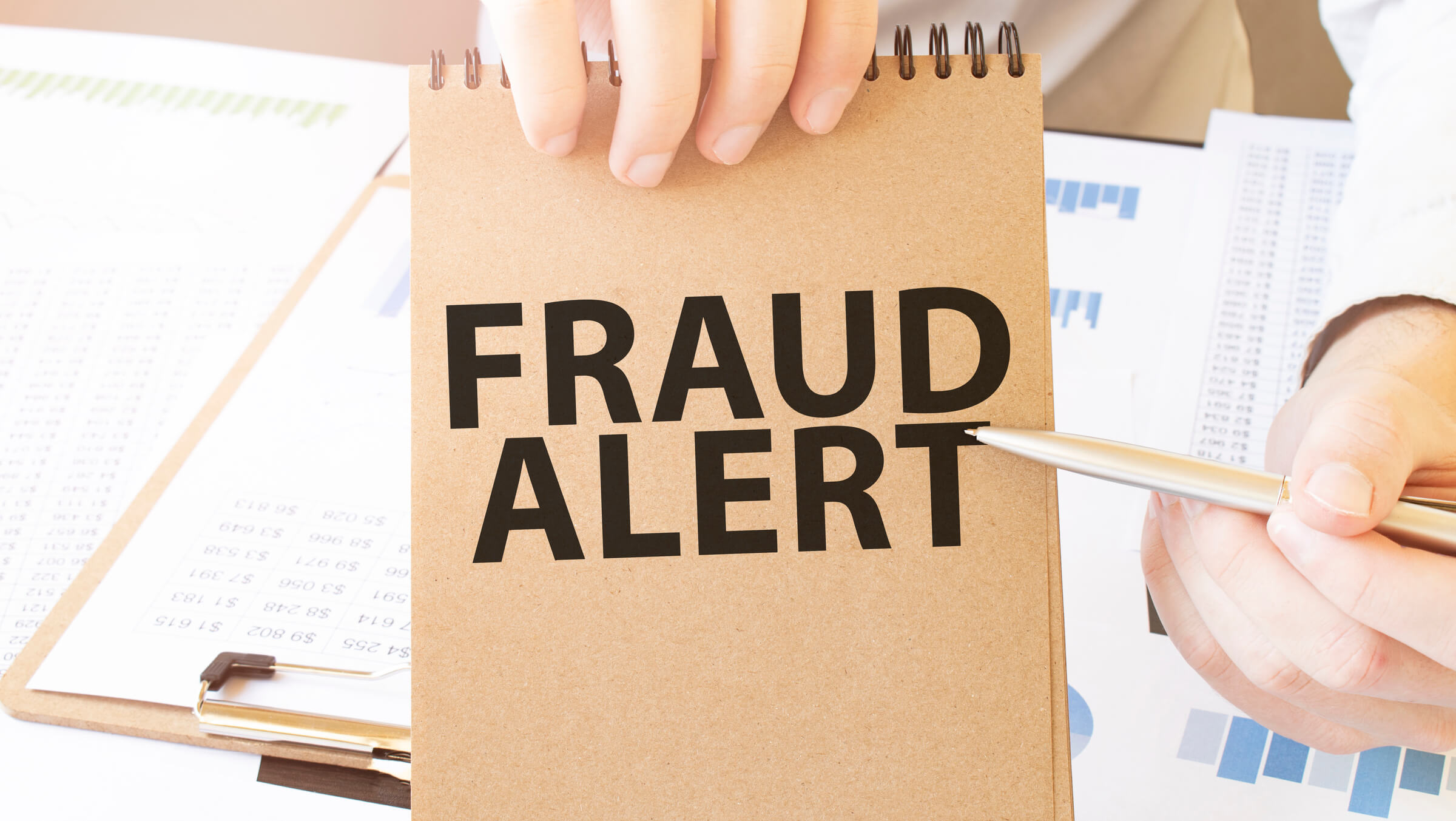
Don’t Get Burned: Spotting and Avoiding Common Insurance Fraud

by Erin Anderson
Insurance fraud isn't just something that happens in dramatic TV shows. It happens every day — sometimes in subtle ways that can drag honest drivers into messy, expensive situations. Whether it's a staged accident, a dishonest repair shop, or an inflated claim, fraud can hurt your wallet, your record, and your trust in the system.
The good news is that you don't have to be a detective to protect yourself. A little awareness goes a long way.
Watch for Accidents That Seem Just a Little Too Convenient
Staged accidents are one of the most common types of fraud. Maybe a driver suddenly slams on their brakes in front of you. Or maybe someone waves you through, then claims you were at fault. These situations are designed to make you look responsible — even when you weren't.
If you're ever in an accident and things feel off, start documenting everything immediately. Take photos of the scene, get witness contact info if you can, and always call the police for a report. It creates a paper trail that scammers can't easily manipulate later.
Don't Let a Tow Truck or Repair Shop Make All the Decisions
Another common scam happens after the accident. A random tow truck shows up and insists on taking your car to a "preferred" shop. Or a body shop offers to "handle everything" with your insurer — but doesn't provide a written estimate or explain the work.
It might seem like they're helping, but in some cases, they're padding the bill or billing for repairs that never happened. Trust your gut. If something feels rushed, vague, or secretive, take a step back and ask questions. You always have the right to choose your own repair shop and review the bill before approving any work.
Be Cautious with Anyone Offering to "Help You File a Claim"
In some cases, someone might suggest exaggerating the damage, adding fake injuries, or inflating repair costs to "get a little extra" from your insurance. Not only is that illegal, it can also lead to your claim being denied — and you being flagged as high-risk in the future.
Even if you're not the one committing fraud, being connected to a suspicious claim can raise your rates or put your policy at risk.
The Bottom Line
Insurance fraud hurts everyone — and you don't have to be the one committing it to feel the effects. Fraudulent claims can raise premiums across the board, delay legitimate payouts, or even put you at legal risk if you're unknowingly involved. If something during the claims process feels off — pressure, confusion, or missing details — it's always smart to pause, ask questions, and document everything.
And if you've recently been in an accident, this is a good moment to review your coverage and make sure you're working with a provider you can trust. Comparing quotes or exploring new options could give you better protection — and potentially save you money — before the next claim ever happens.